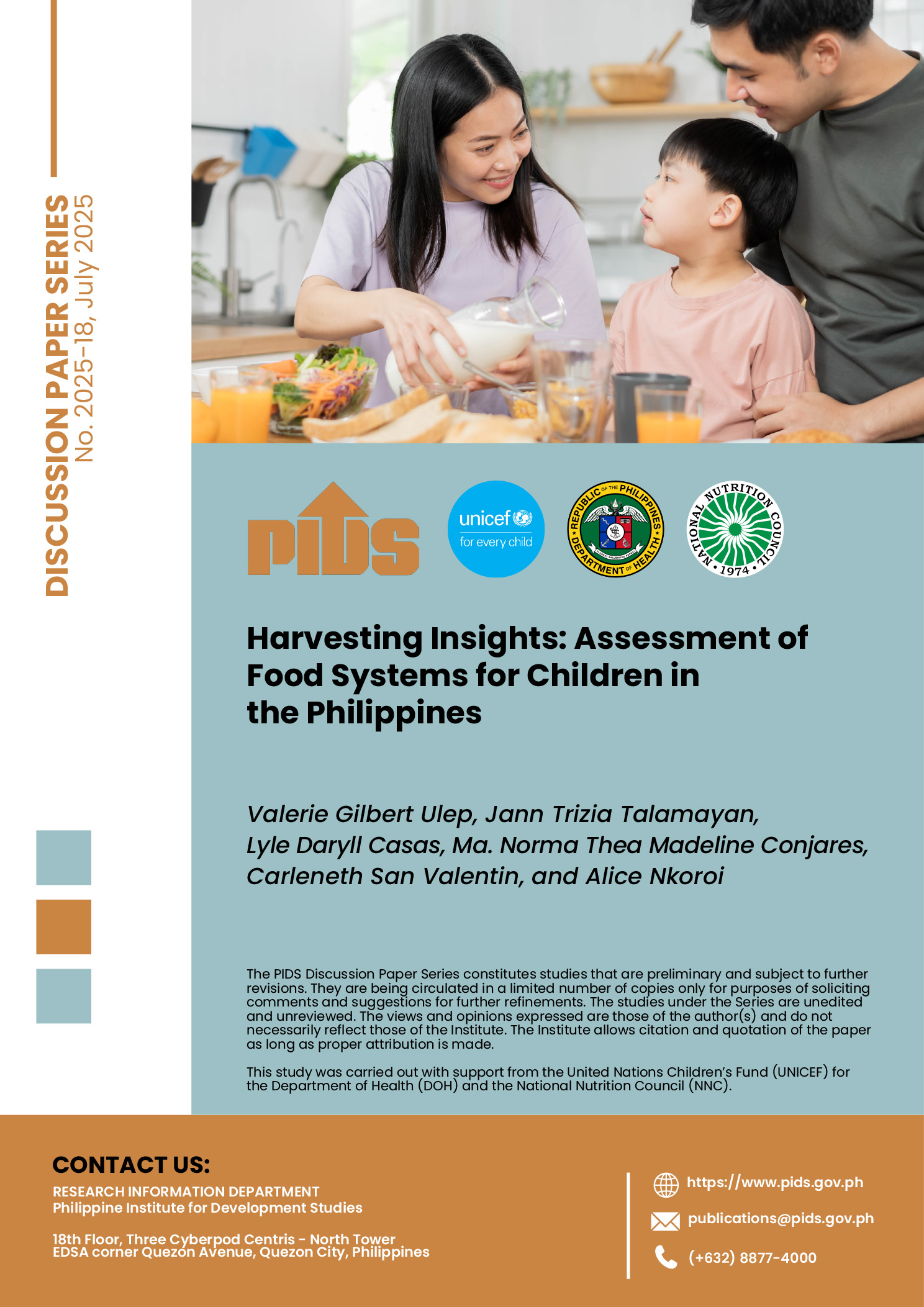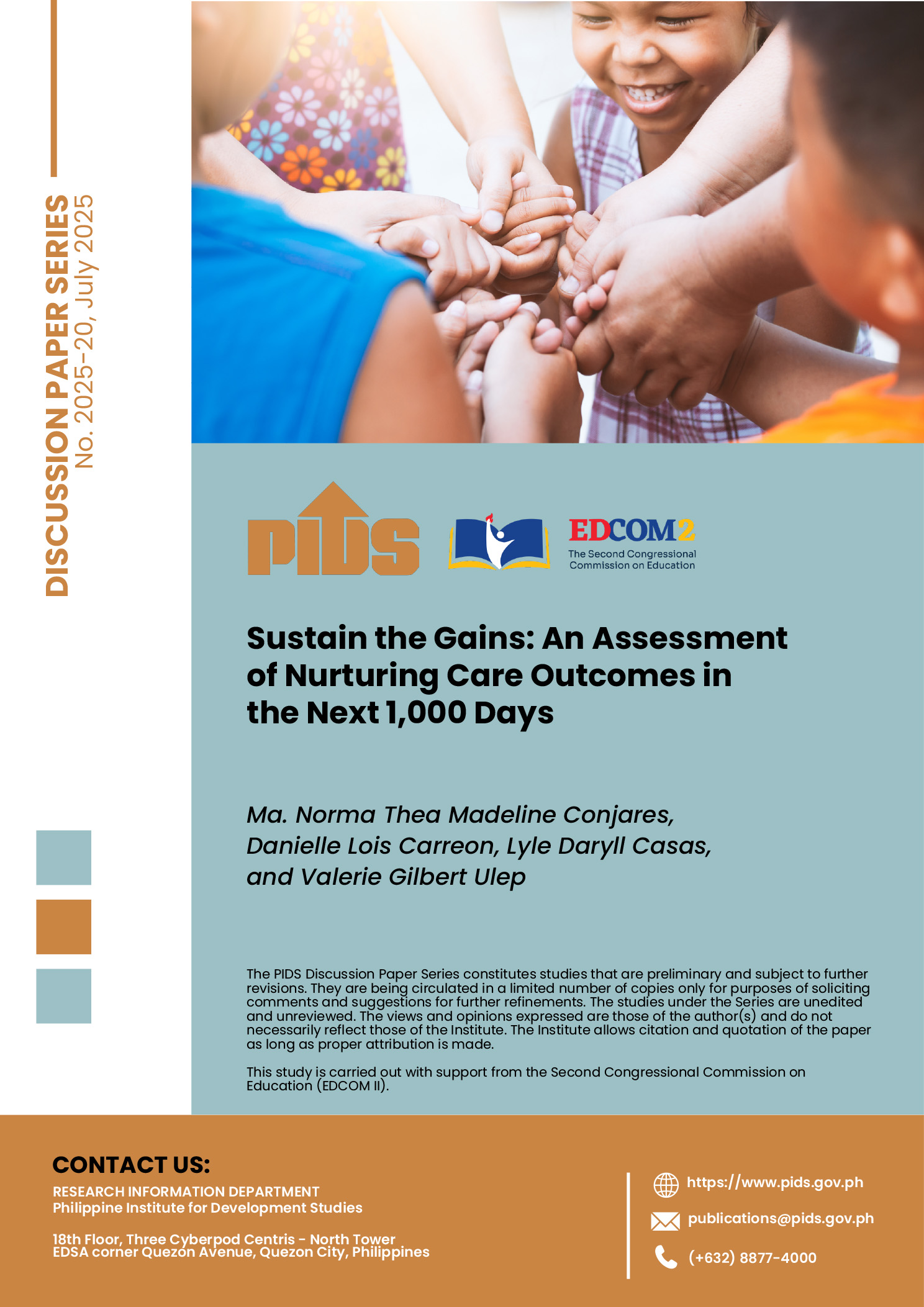MANILA — In the Philippines, the already high economic burden of cancer could further increase and double to around P200 billion if the country fails to address the issue of the cost of illness and premature deaths.
“The cost of cancer in the Philippines [could reach around] P110 billion [annually], and we anticipate that it will further increase,” said Valerie Ulep, a senior research fellow at the Philippine Institute for Developing Studies (PIDS), in a recent forum.
“We had projections on the cost of illness or the economic cost of cancer in the next 20 years, [it could] double if we don’t do anything about it,” Ulep added.
The economic cost of cancer, according to Ulep, includes direct costs, such as treatment costs, hospital charges, laboratory costs, and drug costs. It also includes the morbidity costs or the lost income due to work disability, and mortality costs or the lost income associated with premature deaths.
Of the country’s annual economic cost of cancer, Ulep explained that only around P40 billion are spent on direct health care costs, including treatment costs and other hospital charges.
On the other hand, the remaining P70 billion are indirect costs, which include monetary and productivity loss of patients caused by short-term and long-term inability to work — whether due to admission or outpatient visits — and caregiving.
“This is a huge burden not only for the government but also at the household level,” Ulep said in Filipino.
“This implies that we should see cancer not just in terms of treatment, but also the huge social protection [that patients need],” he added.
In his study entitled “The Economic Burden of Cancer in the Philippines,” Ulep stressed that “Filipino patients – mostly their family’s breadwinners, are driven to poverty due to cancer, losing P35.3 billion annually.”
Burdened by the high cost of cancer treatment, it was previously observed that at least 7 in 10 cancer patients in the country “drop out of treatment regimen” due to lack of funds.
However, aside from financial toxicity and treatment abandonment, the high—and possibly rising costs—of cancer treatment in the country could lead to a far worse outcome: higher premature deaths.
High premature deaths
In the study, Ulep noted that the high level of indirect costs in the country “reflects a high level of premature deaths.”
Premature mortality is defined as deaths occurring before the age of 70, the average human life expectancy. The World Health Organization (WHO) said premature deaths result in loss of productivity and have an impact on the economy.
“Based on our study, the share of premature mortality in the Philippines due to cancer is around 56 to 58 percent. From an economic perspective, the loss of productivity is huge since [these patients] could still work,” he said.
The study results show that in the Asean region, the Philippines has one of the highest premature deaths due to cancer, with the patients in the age group of 19-39 years old and 40-69 years old—supposedly in their most productive years, suffering from substantial years of life lost.
“We are losing not just to fellow Asian countries like Singapore but to Thailand and even poorer counterparts like Myanmar. What’s worse is that we are losing the most productive age groups of Filipinos to cancer—this means that Filipinos at the prime of their life – whom we have identified in the study as mostly their family’s breadwinners, are dying unnecessarily when their deaths could have been preventable,” Ulep said.
Data from The Global Cancer Observatory showed that as of 2020, cancer had claimed the lives of over 92,000 Filipinos nationwide.
Sadly, these premature deaths, Ulep said, could have been prevented if only there had been a nationwide effort for primary care for cancer—especially the top four killer cancers: breast, lung, colon, and liver.
“If you save these cancer patients who are breadwinners and at the prime of their lives, you are saving the most productive pool of Filipinos in our society,” Ulep added. (Cristina Eloisa Baclig © Philippine Daily Inquirer)












